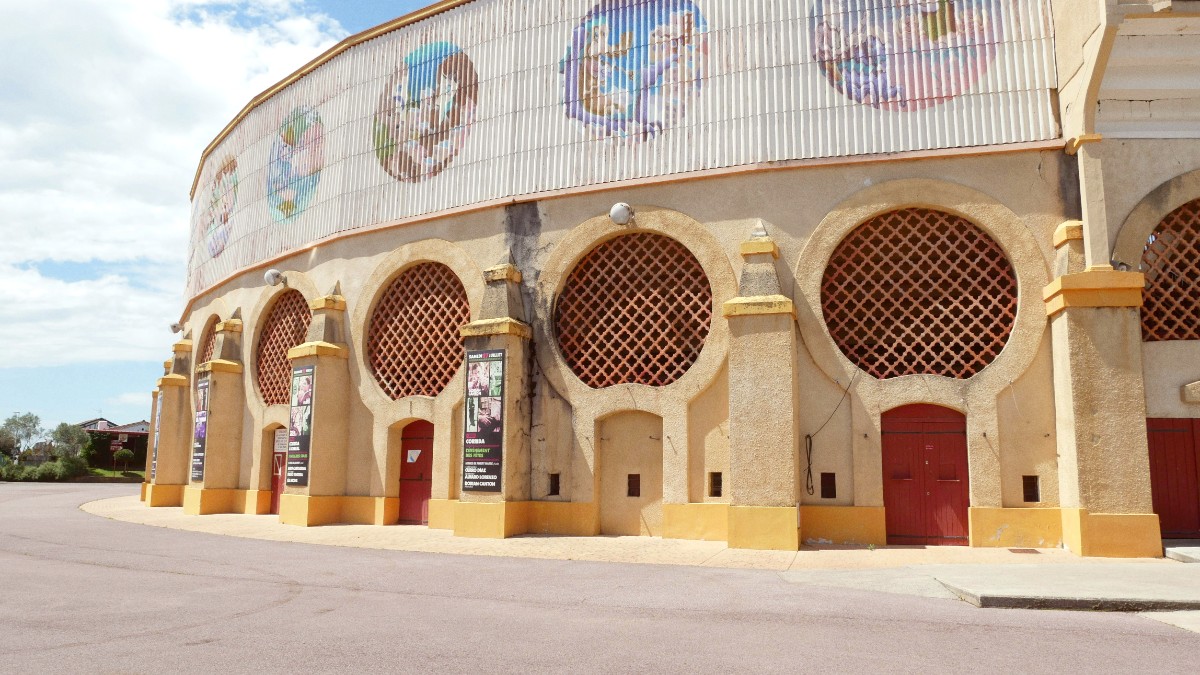
Southwestern France, France
The Basque Country has protected areas. Bayonne promotes river clean-up and waste management.
France has a well-developed recycling system. Look for separate bins for glass, paper/cardboard, and plastic/metal.
Be mindful of water usage. Take shorter showers and reuse towels. Tap water in Bayonne is safe to drink.
Making mindful choices benefits both the environment and local communities.
Offset your flight's carbon footprint through reputable programs. Prioritize walking, cycling, and public transport within Bayonne.
Seek out hotels or guesthouses with environmental certifications.
Bring a reusable water bottle. Use foldable reusable shopping bags.
Choose tour operators emphasizing small group sizes, respect for nature, and local community benefits.
Look for products certified as fair trade, especially for items like chocolate or coffee. Ensure souvenirs are genuinely locally made rather than imported mass-produced items.
Seek out products that explicitly state their ethical sourcing or production methods. Avoid mass-produced imports, opting for authentic local goods.
Be aware of and respect signage regarding protected zones or sensitive natural habitats.
Engaging respectfully with local culture enriches your travel experience and fosters positive interactions.
Support local artisans and businesses that preserve traditional Basque crafts, languages, and culinary heritage.
Always ask for permission before taking photos of individuals, especially children.
Avoid intrusive photography, specifically in residential areas or of private property.
Dress modestly, speak quietly, and avoid flash photography if prohibited.
Look for products certified as fair trade, especially for items like chocolate or coffee, if purchasing. Ensure souvenirs are genuinely locally made rather than imported mass-produced items.
Seek out products that explicitly state their ethical sourcing or production methods.
Support local artisans directly by purchasing their genuine creations.
Be discerning and avoid purchasing mass-produced, imported items as souvenirs.
Your travel choices can directly benefit the local economy.
Shop at local markets, like Les Halles, and buy from artisan boutiques. Your money remains within the local economy.
Dine at independent restaurants and cafes, not just international chains. Support local livelihoods directly.
Using local guides or small, locally owned tour operators. Stay in locally owned accommodations to benefit the community.
If you wish to donate, do so through established local charities or Non-Governmental Organizations (NGOs).
It is generally better to donate through organizations rather than giving directly to beggars.
Research local causes or community support groups if you wish to contribute meaningfully.